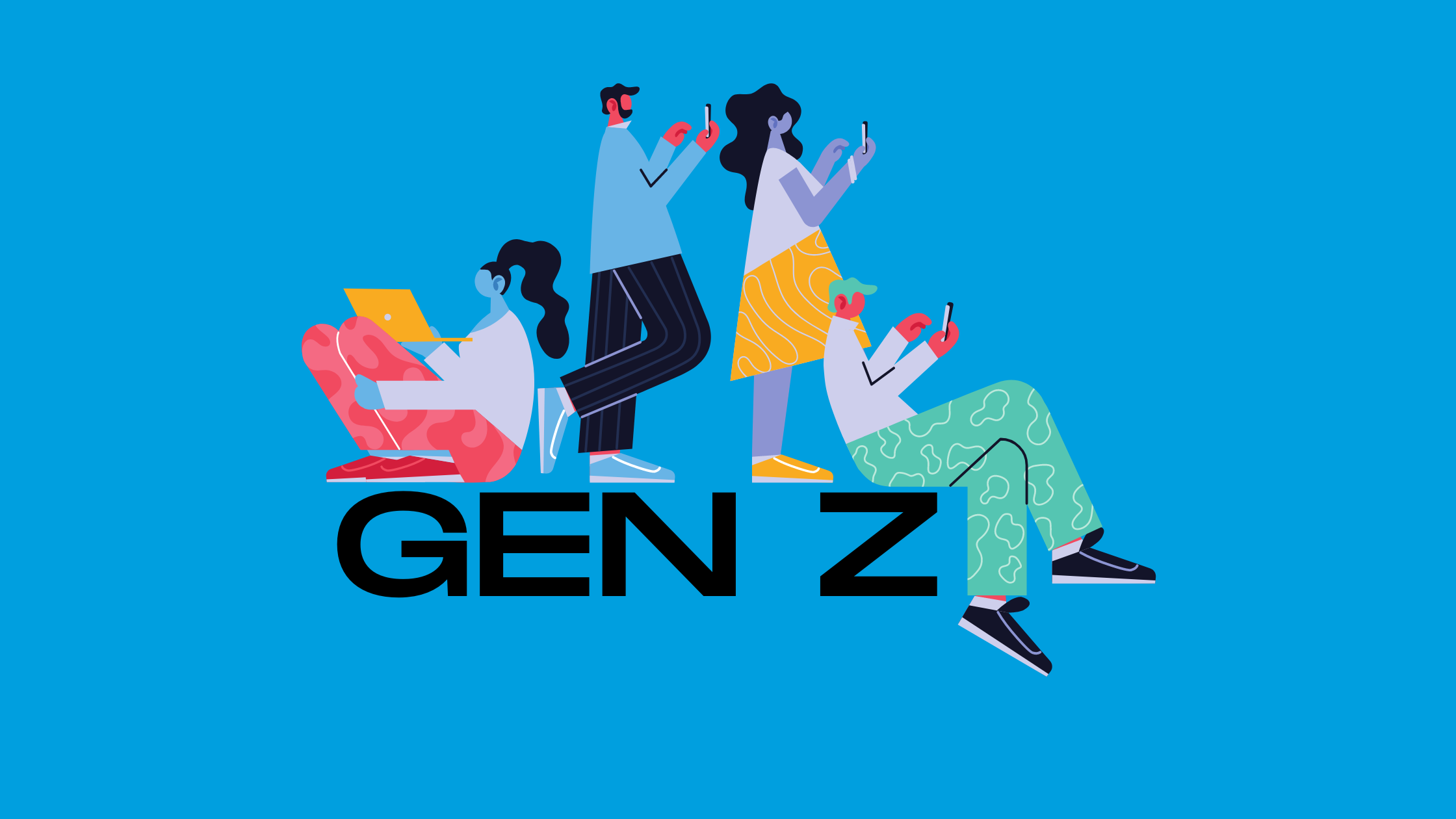Language is always evolving, and with the rise of the internet and social media, the way we communicate has changed dramatically. New generations often create their own slang to reflect their unique cultural experiences, and Gen Z is no exception. Born into a digital world, Gen Z has shaped modern language with its innovative phrases that are both fun and expressive. These phrases not only serve as a way to communicate but also act as a form of identity, distinguishing Gen Z from previous generations. The impact of these new expressions is evident in everyday conversations, pop culture, and even mainstream media.
New Language Revolution has become an essential task for understanding the way this generation interacts with the world. The phrases used by Gen Z have infiltrated social media platforms like TikTok, Twitter, and Instagram, often going viral within days. These terms can seem confusing to outsiders, especially to older generations who may not be familiar with the digital world that Gen Z Phrases grew up in. Yet, these phrases carry meaning that goes beyond mere words; they reflect the values, humor, and mindset of a generation that has grown up in a fast-paced, technology-driven society.
One of the reasons Gen Z’s phrases have gained such widespread popularity is their ability to condense complex ideas into short, catchy expressions. For example, “bet” is a versatile term that can mean everything from agreement to excitement, depending on the context. It’s simple, easy to use, and reflects the efficiency of communication in the digital age. Another example is “sus,” which is short for suspicious and has become a staple in Gen Z’s vocabulary, often used to describe something or someone that seems untrustworthy.
In addition to their efficiency, Gen Z phrases also highlight the creativity and humor of this generation. “Flex,” for instance, is used to describe showing off or boasting, but it can be used ironically to describe someone who is doing it in an exaggerated or unnecessary way. Similarly, “slaps” is a phrase used to describe something that is exceptionally good, often referring to music or food. This playful use of language reflects Gen Z’s lighthearted approach to communication, where humor and irony are often used to convey meaning.
Moreover, these phrases are a form of cultural resistance. By creating their own language, Gen Z separates themselves from the traditional norms and expectations of older generations. This language is often used to challenge societal standards and to express individuality in a world that is increasingly uniform. For instance, “no cap,” meaning no lie or for real, is a way of emphasizing the truth and authenticity in a world that often feels filtered and superficial.

